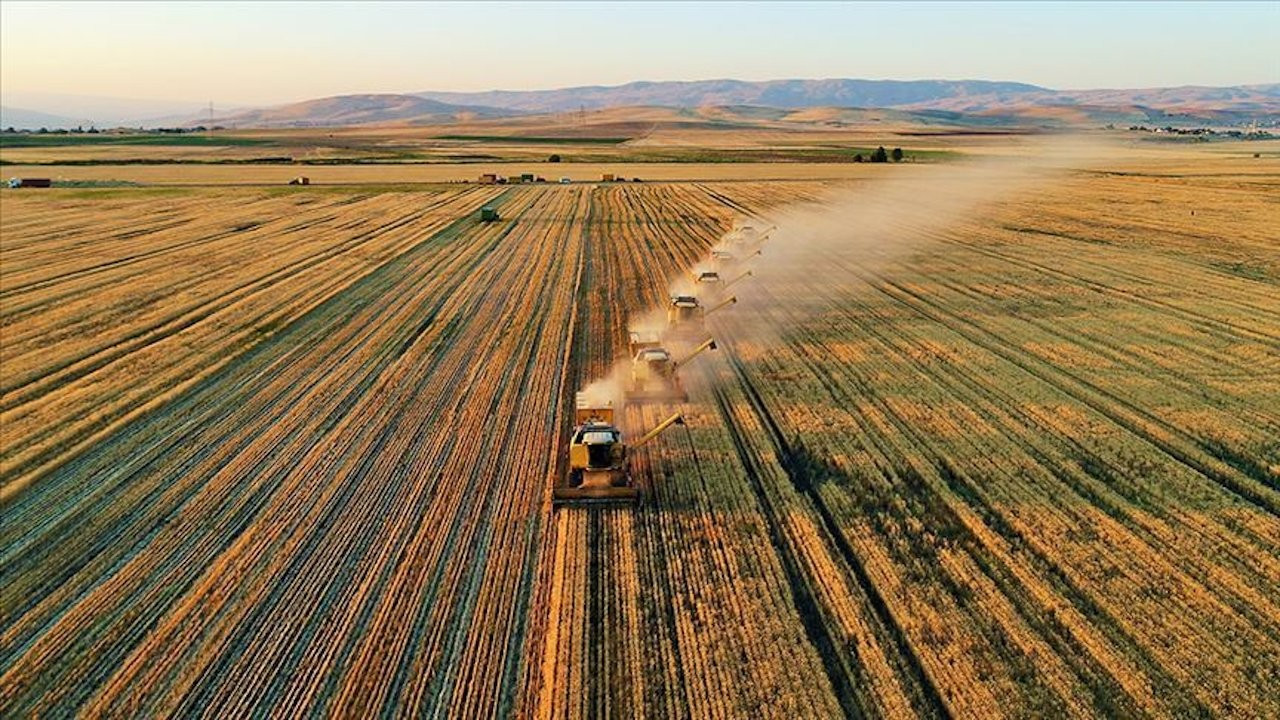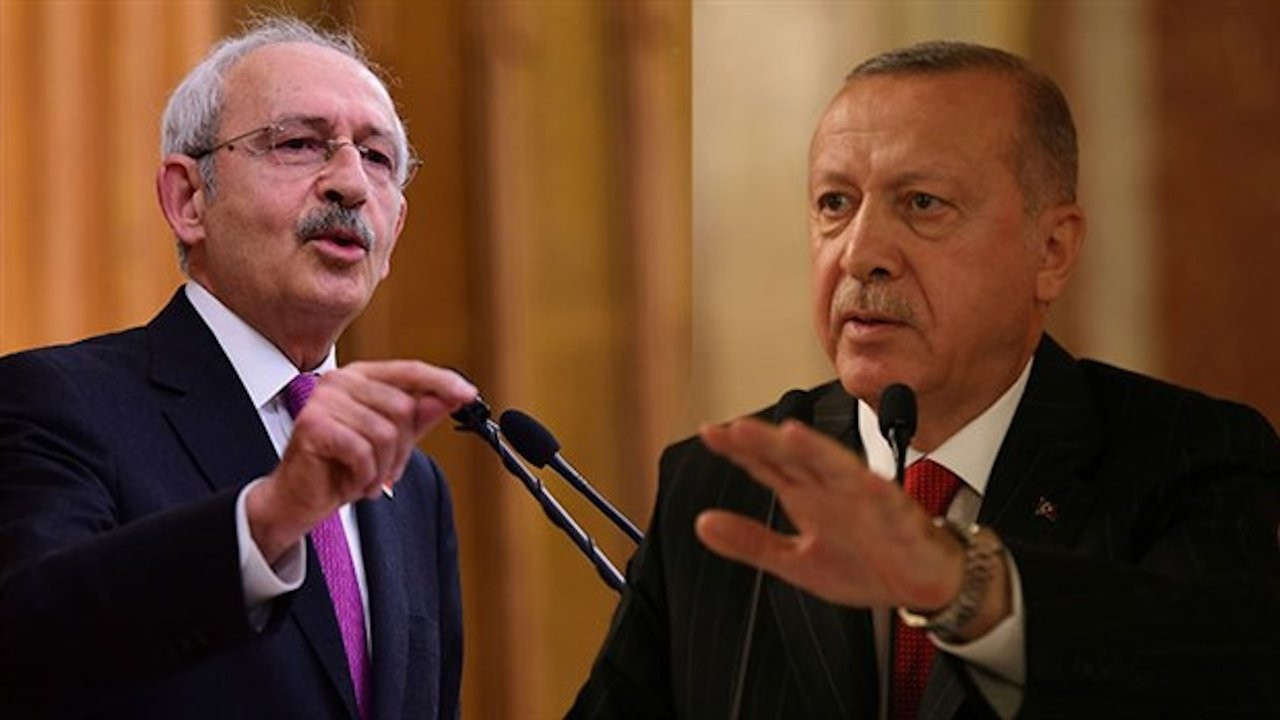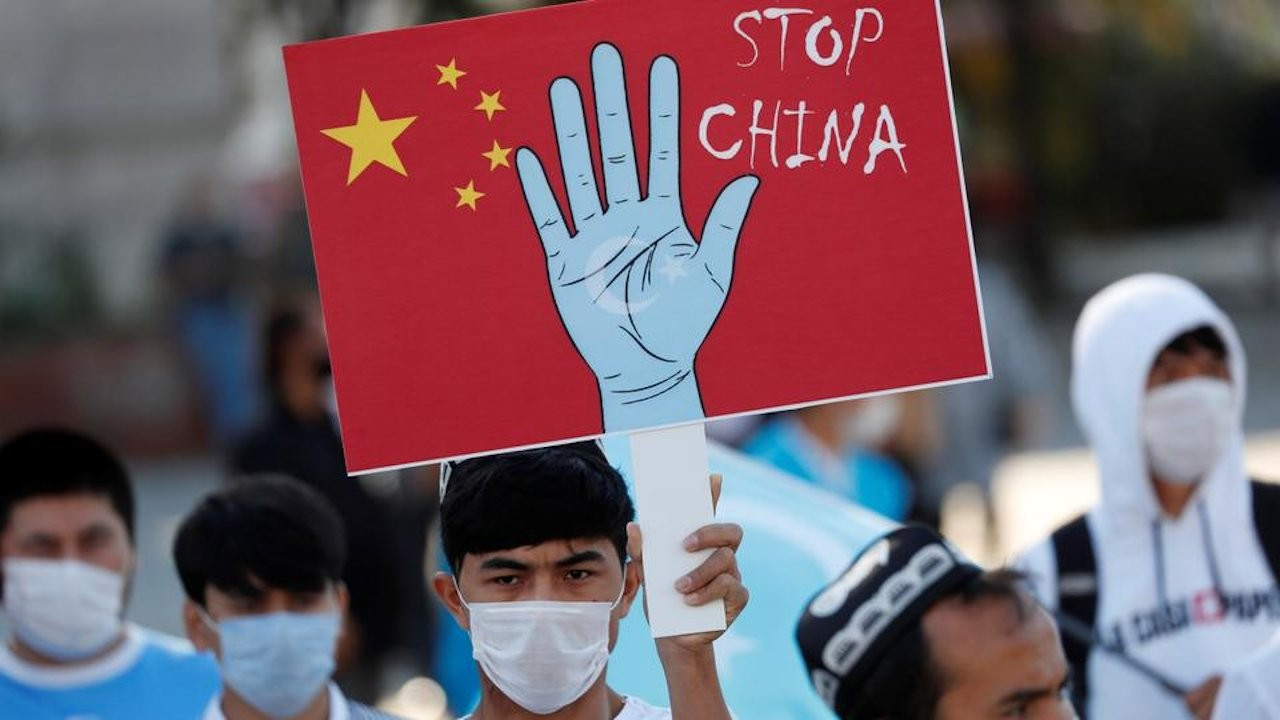President Erdoğan’s 'one-man rule undermines reform promises'
Experts remain skeptical of democratic and economic reform pledges from President Erdoğan and Turkey's monetary policymakers aimed at attracting foreign investment, citing the president’s overwhelming control and deep-rooted institutional problems.
K. Murat Yıldız / Duvar English
Since their appointment last November, the new raft of monetary policymakers, headed by Treasury and Finance Minister Lütfi Elvan, have continued repeating their promises of reform in an attempt to try and attract foreign investment.
Similarly, President Recep Tayyip Erdoğan regularly mentions his upcoming "human rights action plan" and economic reforms. Yet, given Erdoğan's track record and way of governing, promises of independent monetary institutions are unconvincing at best.
Babacan was allowed to do his job
“True economic reform means relinquishing control to experts and allowing them to do their jobs. We saw that in the 2000s under the International Monetary Fund [IMF] accord, when the Justice and Development Party [AKP] wasn’t ruled solely by Erdogan, when the Central Bank and regulators were given independence and former economy minister Ali Babacan was allowed to work, relatively unhindered,” journalist and analyst Mark Bentley told Duvar English.
Things were different when Erdoğan and the AKP came to power according to Bentley. “After 2002, there was a willingness to adopt real reform because the blame for Turkey’s economic troubles was not on Erdoğan. His government was rectifying the mistakes of predecessors and it knew that it would gain popularity by doing so.”
Presidential system
However, today Turkey is being governed under a totally different system and mindset.
“We have an executive presidential system that seeks to accrue power and control over all policy and institutions, not to divest power for the common good. With this mindset, it is impossible to have truly independent institutions,” Bentley pointed out.
Erdoğan’s defense this week of his son-in-law and former finance minister Berat Albayrak did not go unnoticed and made prospects of true reforms look even less likely.
“To move Turkey forward, Erdoğan, first of all, needs to understand his own errors, hire people to correct them and implement solutions. Instead, investors see denial personified in his government’s coordinated defense of Albayrak this week. The outlook for reform is bleak,” Bentley said.
Previous reform promises led to nothing
Pointing to the previously failed reform programs he stated that “In terms of reform, nothing of substance came from a series of economic programs that Albayrak announced. Instead, there were missed targets and damaging unorthodox policies. How are we therefore to believe that true reform will come out of the next one? When I say 'we,' I don’t just mean foreigners, I mean locals who have been hoarding dollars and gold because they have lost trust.”
Turkey will go to the IMF ‘with or without Erdoğan’
“What Turkey really needs is a new IMF program, or the willingness and ability to enact something similar unsupervised. But the political will and expertise are not there,” Bentley argued.
Pointing at Erdoğan’s well-known anti-IMF rhetoric, Bentley noted that “Erdoğan would never go to the IMF of his own free will, and he has been unwilling to hire the right people to do the job instead and to enact the reforms. Erdogan also has a coalition partner that is anti-IMF and anti-reform,” but, he continued, “sooner or later, Turkey will be forced to go to the IMF, with or without Erdogan, unless he changes his tune.”
Democracy key to sustainable foreign investment
Regarding the deterioration in Turkey’s democracy, Bentley asked, “In which country in the world were democratic reforms enacted when a country was becoming more authoritarian? Also, can you name one country that attracted sustainable increases in foreign investment when it was becoming more autocratic?”
For many experts, the much-promised democratic reforms are much more important than the economic ones, especially in the long-term for Foreign Direct Investment (FDI).
“I believe economic reforms are actually secondary to the political reforms needed. I see the problems of economic policy stemming from an overly centralized decision-making structure, and the executive's excessive interventions in areas that should be left to autonomous bureaucrats,” Stockholm-based analyst Erik Meyersson told Duvar English.
Institutional problem
“This is an institutional problem as, even if a new leader would come into power, he/she would still have similar powers to intervene arbitrarily as the current president does; there are no mechanisms to limit the executive's degree of intervention.”
Many foreign observers “are understandably skeptical” about the reform promises and that meritocracy in the bureaucracy will prevail, political and economical decision-making processes will be democratized, decentralized and given autonomy as Meyersson also pointed out.
More has to be done to attract FDI and long-term investment
“Turkey's current foreign investors tend to be more short-term, debt investors, and for them a return to orthodox monetary policy is critical. But to attract longer-term capital, like FDI etc., there needs to be a shift from the cyclical factors like the monetary policy to structural factors, like how to increase long-term growth,” he added.
“The reversal in the lira is to a large extent about debt investors attracted by the higher rates. However, the Central Bank has yet to anchor inflation expectations, and they haven't moved much since November last year.”
Meyersson concluded with a prediction, saying, “Raising rates and normalizing the rates system was very low-hanging fruit. Without broader reforms, both political and economic, the government will likely once again put pressure on lowering rates to regenerate credit growth.”

 Turkey's indebted farmers calling it quits as they struggle to surviveEconomy
Turkey's indebted farmers calling it quits as they struggle to surviveEconomy Turkey's social security system 'on the brink of collapse'Economy
Turkey's social security system 'on the brink of collapse'Economy Turkey’s Uyghurs fearful as China's economic influence increasesEconomy
Turkey’s Uyghurs fearful as China's economic influence increasesEconomy